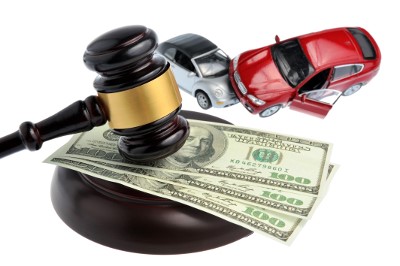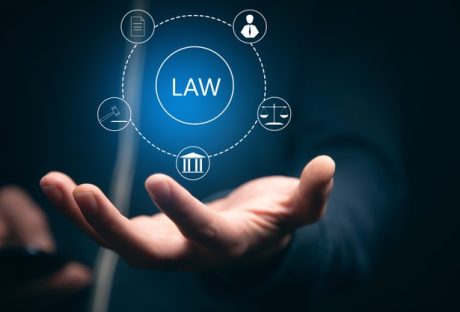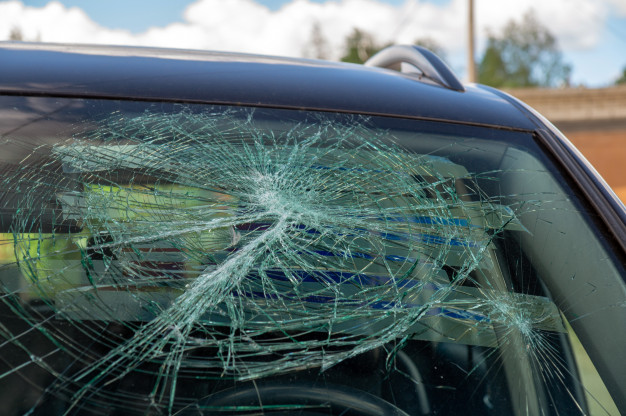Most people are familiar with the old saying that “sticks and stones can break my bones, but words will never hurt me.” The truth, of course, is that words actually can do a significant amount of damage, both to the person they are directed at and, under Canadian law, to the person who utters them.
We tend to think of assault as involving physical harm to a person, but according to the Criminal Code of Canada, threats are considered a type of assault — even when they are delivered via text, email, social media, or simply an aggressive gesture. If the receiver chooses to contact the police, the sender can be charged with a criminal offence.
In this article, we’ll explore the real-world consequences of words said in anger, and look at the options available to people who have unwittingly found themselves in legal trouble for uttering threats.
What is a Threat?
In the heat of the moment, people’s words can get away from them. But saying “you’re going to get what’s coming to you!” or “if you don’t shut that dog up, I will!” are actually considered a type of assault if the person you are directing your comments to receives them as a threat.
All of the following are considered to be threats under Canadian law:
- Saying you will kill or cause bodily harm to a person
- Saying you will damage their property
- Saying you will injure, poison, or kill an animal owned by another person
Even if you have no intention or means of doing anything, as long as you knowingly said the words and the person you said them to felt threatened by them, they can file a police report. This may lead to charges being laid, in which case you will need to hire a Toronto criminal defence lawyer to represent you in court.
What are the Consequences of Uttering Threats?

Being charged with an offence does not necessarily mean you will be found guilty. The prosecution will need to prove not only that you uttered threats, but that you did so with the intent to create a sense of fear in the alleged victim, and that the alleged victim received your words or actions as a threat.
In order to mount a successful defence, you will need to prove either that your accuser did not actually feel threatened by your words, or that you did not say them with intent.
For example, Toronto criminal lawyers who have experience with threat-related assault cases may try to show that the alleged victim did not actually feel threatened by your words, but has made their claim as a way of inflicting harm for other reasons.
In some cases, assault charges involving threats are accompanied by harassment charges or domestic assault charges, so if you have been charged with this kind of offence, you should talk to a lawyer before deciding how to plead. Uttering threats can be punished by up to two years in jail and a $5,000 fine, leaving you with a lifelong criminal record.
Words have power, and loose talk about inflicting violence on others is taken very seriously by the legal system. While a good criminal defence lawyer can help you navigate such charges, the best defence is simply to watch what you say.























